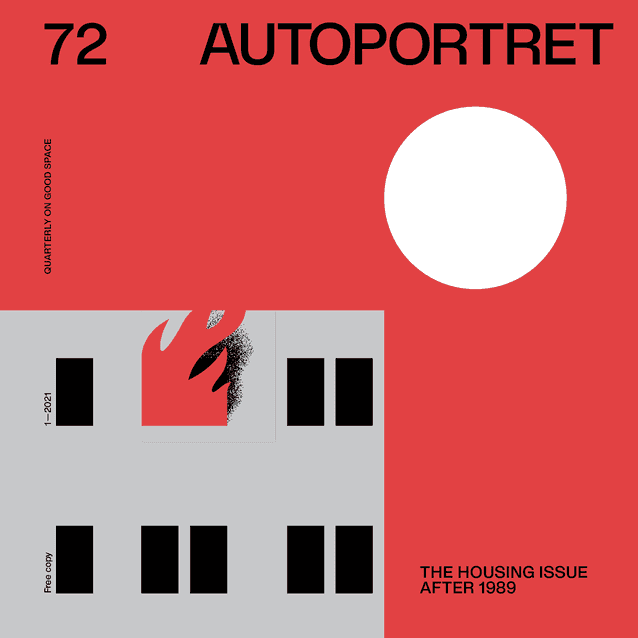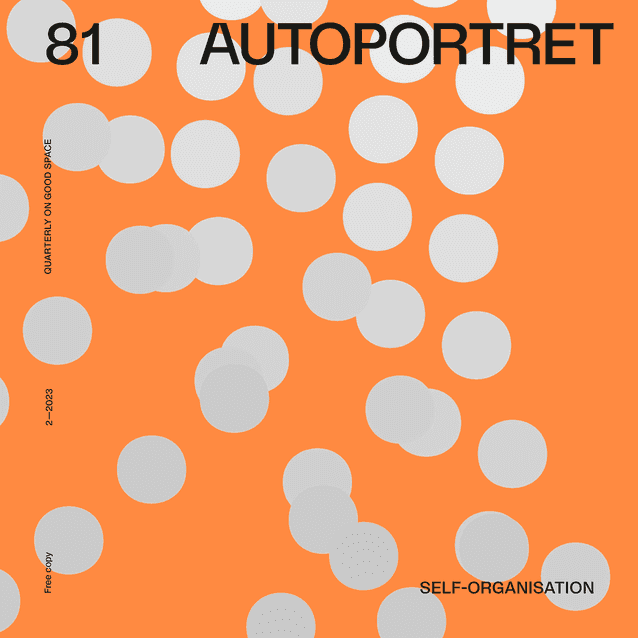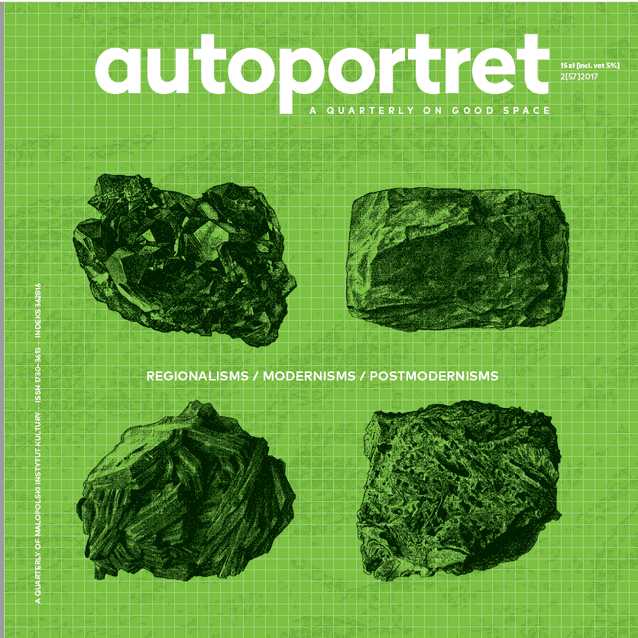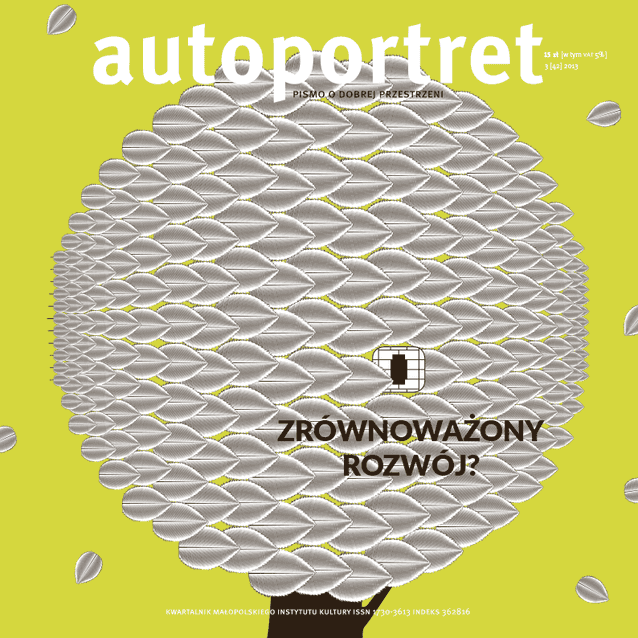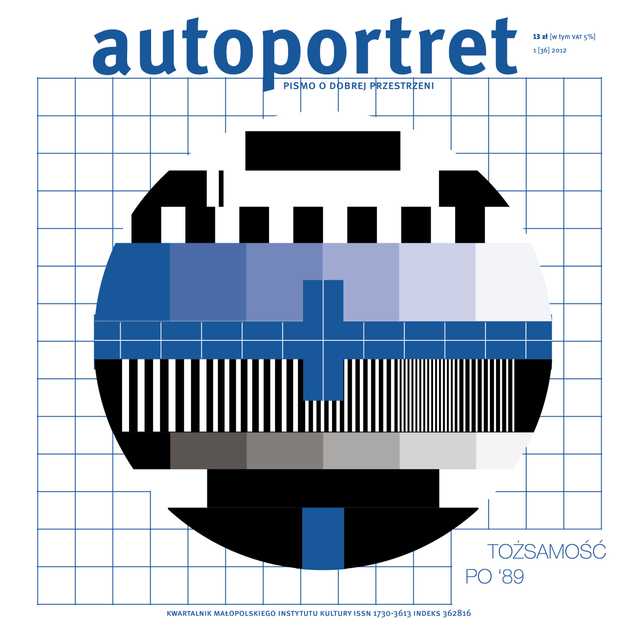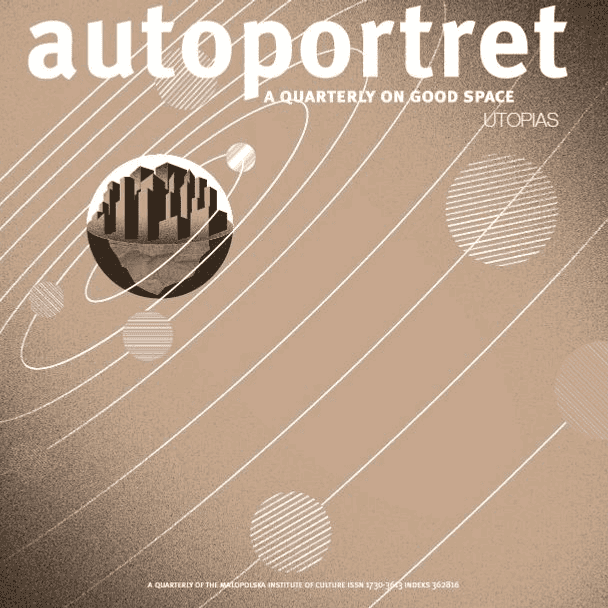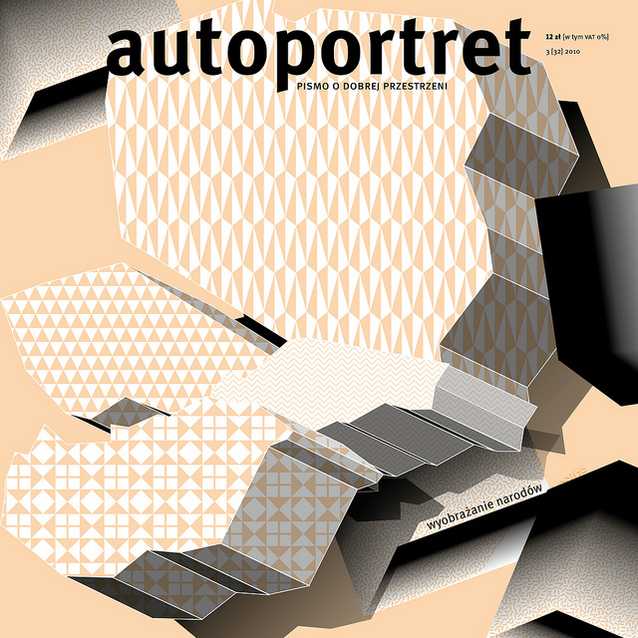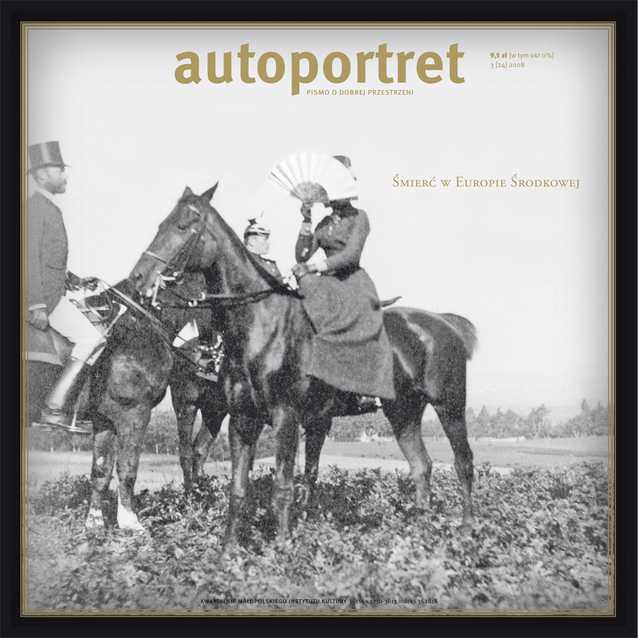The Duchess and the Archduke spent the last quiet days in their estate, the castle at Chlum.1 The school year has ended, so the children came with. They did not intend to bring the kids to Sarajevo or send them to Vienna. They had better stay here. “Here, in the fresh air of Bohemian province, they will thrive,” Sophie thought. She wanted to keep the boys safe, away from big cities, roaring Diesel engines and hissing steam machines as well as the chill, which permeates thick palace walls and keeps its hold until July or August. Mother and father worried about their children’s health, even if they did not admit to it. The Archduke had suffered from tuberculosis for years, and although the doctors considered him cured, the disease could return at any time. In those days, whole families were dying of consumption, entire genealogical trees were dying out, kings and commoners, regardless – therefore the anxiety they felt for the sons was not without foundation. Nobody at court supported Franz Ferdinand and Sophie in their concern. The old Emperor and King did not accept her or her children, and his reluctance was contagious. In recent weeks, he was again poorly. Possibility of his death was becoming more and more real, yet nobody could imagine what would follow. He was clearly advanced in years, and appeared even older than he really was. In his lifetime, in over sixty years of his rule, the world has changed beyond recognition, Austria and Vienna have changed, the erstwhile allies went over to the enemy camp, and the enemies became allies; where candles used to burn, electricity was now being installed, people sailed on cruises to America and returned impressed, each with a camera and a photograph of himself under his arm, when back in Franz Joseph’s youth he was the only one to have his photos taken. Even the moving pictures ceased to amaze: citizens of Austro-Hungary crowded the picture houses where they watched American and German movies. Yes, over the years everything has become very strange indeed, and it doesn’t bear thinking about, what could happen, when the sovereign dies.
And suddenly, just before the journey, trouble! They were meant to travel by the parlour car coupled with the Vienna express, but it transpired that something was amiss with the wheel arrangement. The steel would give way, either from vibrations, or the cold, it was porous and fragile, quite different from what you imagine when you hear the word “steel.” Hence they boarded an ordinary first class carriage. They took off, but at one point the train stopped in the middle of nowhere. The Archduke’s aide came in and said that the axles fired up again. Those things again. “Lovely start to our journey. Here we are on fire, and when we reach the South, the bombs will fall on us!” Franz Ferdinand liked to joke, and it made him proud to know that his words were picked up and circulated by word of mouth. This was the reason why he said that. Sophie, however, was not amused. She was somewhat superstitious, and also, just like any other mother, she was worried. Not that she expected bombs at Sarajevo; she just thought his remark out of place. This is the kind of joke that men make, which brings misfortune.
Two months have not yet passed, when several hundred people claimed to have witnessed the Archduke’s prophesy. If we were to believe them, at the moment he uttered those two memorable sentences, a whole crowd of people were with him in his carriage: ministers, generals, impostors, troublemakers and future chroniclers – persons both famous and completely anonymous.
In Vienna, they arrived at Belvedere, and then they parted ways. Why did they not continue the journey together? For reasons of protocol. They were not permitted. The Countess could not join the Sarajevo delegation, because, despite her marrying Franz Ferdinand – the fact nobody questioned, at least not any more – from the point of view of the State, she was a nobody. So it has been interpreted by the court and by Franz Joseph himself, who continued to fight the Archduke, humiliate him, and make his new life as difficult as could be. But the heir presumptive gave as good as he got. He decided that if his wife could not come officially, she would come in a private capacity. And he had his way. A few days later, the two enjoyed a carriage ride through Sarajevo, they held hands, took walks, and did everything that he planned to spite his elderly paternal uncle, because regardless of the court’s pressure, he still held sway over some things.
He went to the Vienna South Station, got on the train, and continued towards Trieste.
It was a pleasant summer morning of 24 June 1914. Archduke in his admiralty colours, his arms crossed behind his back, was walking along the jetty. Although it was early, not even eight, the sun was hot as if at noon in July. Franz was not accompanied by his gaggle of aides, generals, admirals or imperial valets – all those good-for- -nothings, wearing hats with peacock’s feathers or tails of some other exotic birds. He despised the flocks of servants, all this entourage around the old monarch. He believed that Austria would fall not from external enemies, but this overdressed band of flattering courtiers. This is why he was planning to begin the modernisation of the state – in which, incidentally, he firmly believed – with driving away the actors of this Viennese operetta.
He then boarded the ship called Viribus Unitis – the “joint forces.” That was the official motto of Franz Joseph I. The new battleship, launched on 24 June 1911 in Trieste, the most beautiful and most powerful of the Hapsburg fleet, set sail on her third birthday, heading for Metković. Was it a good, or a bad omen?
Four and a half years later, on 31 October 1918, in the port of Pula, as directed by Emperor Charles I, the Commander of the Austro- -Hungarian Navy, Regent of Hungary and dictator in spe, Admiral Miklós Horthy handed over the Viribus Unitis and the whole fleet to the Zagreb National Council, representing the future state of the Slovenes, the Croats, and the Serbs. The leader of the newly created armada, one Janko Vuković-Podkapelski, a native of Lika2
ruled for the Croatian flag to be raised on the mast of the ship, to the tunes of Croatian national anthem. On that day, and it was a Thursday, Our Beautiful, that is Our Croatian Homeland by Antun Mihanović and Josip Runjanin was performed for the first time in history as an official anthem. Before that day it was merely a festive song of the local people, and now it was backed by the authority of State. A real state, or a fictitious one – it didn’t matter, for the song itself this was immaterial. After all, in the end, all countries without exception are but phantoms of collective imagination, organisms no different in their essence from a beehive or an anthill.
While the anthem was playing, non-Slavic sailors were leaving the Viribus Unitis battleship. They stepped down from the deck, their heads hanging low. Nobody tried to stop them, because the new state only accepted the chosen ones. Otherwise it would not be calling itself the Kingdom of Serbs, Croats and Slovenes. Among the undesirable members of the crew there were two Italian lieutenants: Raffaele Rossetti and his namesake Raffaele Paolucci who, before their coming ashore, fitted an “infernal machine” under the ship. The bomb exploded on 1 November at 6.20 a.m. Along with the dreadnought, one of the most modern warships of contemporary Europe, the unlucky Janko Vuković-Podkapelski went down: the man to be remembered by posterity as a Croat and Yugoslavian of merit, immortalised in two very mediocre novels, the last commander of Viribus Unitis.
The fortunes of the two conspirators turned out rather interesting. In post-war Italy they were received with military honours, decorated with medals for bravery, and promoted to colonels. Paolucci continued his career of a professional soldier. During World War II he fought in Abyssinia, after which he was proclaimed a hero, a model patriot. He was a staunch nationalist. Rossetti followed a different path. As soon as the Blackshirts came to power, he got involved on the opposite side, founded an anti-fascist organisation of L’Italia Libera, and when Mussolini toughened his dictatorship, he emigrated to France. At the beginning of the Spanish Civil War he found his way to Barcelona and joined the Republicans. He worked at a radio station as propagandist, inventing slogans, which roused the people to fight. As an act of vengeance, the Italian government took away his gold medal for bravery. It was returned only after the fall of Duce. Paolucci, on the other hand, enjoyed his until the end of his days.
As we were spinning the tale, we digressed away from Franz Ferdinand, who all the while was walking along the breakwater in Trieste. He was soon to meet with the same lot that befell the warship a few years later. Their fates coincided as it rarely happens. Which brought the misfortune: did Viribus Unitis jinx the Archduke or the other way round – a good question for fortune-tellers, historians and the throng of interpreters of good and bad omens in heavens and the earth.
And yet, for the moment, nobody was worried about anything. Although Emperor Franz Joseph was ailing, and his nephew was travelling to Bosnia to witness military manoeuvres, Europe continued its happy and carefree existence.
The crossing lasted twenty and four hours. The sea was calm, the journey – pleasant, nobody was in much of a hurry. In Metković, at the gates of Herzegovina, the Archduke was greeted by the Bosnian governor Oskar Potiorek who – as the country’s host – accompanied him faithfully throughout his stay.
Franz Ferdinand enjoyed travelling to faraway places. What he had to show for himself was a fragmentary, superficial education, he wasn’t exactly known for his wit, he was not keen on literature, had no interest in the arts, his aesthetic taste and social instinct remained at the level of an average petit bourgeois resident of Vienna, yet he loved globetrotting. He had been dreaming about a journey around the world, and although the court, believing this a whim on his part, tried to dissuade him, he had his way. This was another important trait of the Archduke’s: he was as stubborn as a mule. With character like that, he could either become a great ruler, or die a tragic death. No more, no less.
When on a journey, he always kept scrupulous notes. They were published several decades after his death, and although of no literary value, they provide interesting material for historical studies, as a testimony to the age, and to Archduke’s opinions. Franz believed, as he often stressed in his conversations, that each ruler should see the world before he succeeds to the throne. Not with his finger on the map, oh no, but face to face, on the road. That is why he was ready to study foreign languages. As future King and Emperor, he aspired to understand the speech of all his subjects, in all nations. He has undertaken the first steps already. Actually his paternal uncle, Franz Joseph, was of a similar opinion. When visiting Mostar in the spring of 1910, he tried to use a few local phrases. However, he did so in such a clumsy manner that his speech neither moved nor gained the sympathy of his Slavic audience. And so, on many official occasions, he would murder other languages of his vast empire. A hundred years later, we will come to associate that style of communication with another ardent opponent of nationalism, Pope John Paul II.
Franz Ferdinand’s ambitions were serious. He wanted to joke in every dialect of the empire, and easily converse with nations he was colonially prejudiced against. Unlike his uncle – the grand, overwhelming statesman of supra-national ambitions – he remained merely Austrian until the end. He was an Austrian, a Viennese proud of his local homeland, a persona with a mentality of a football fan. Above all, he hated the Hungarians. Their independence aspirations annoyed him more than anything, and kept him awake at night through all these years, since he became heir apparent. Also on his way to Sarajevo, he was pondering the Hungarian problem, when after the twenty-four hours he had spent on the Viribus Unitis he took his first, shaky steps on the stony quay of Metković port. For him, Budapest was the major theme, not Sarajevo. The Slavs still posed no serious problems for the state, therefore the Archduke planned to resolve the issue by granting them a status equal to that of the Austrians and the Hungarians.
Let the great monarchy be Slavic as well, officially. Let them know his largesse, his wisdom and magnanimity. Sarajevo and Bosnia were nothing to him, a piece of cake.
When colonel Albert von Margutti asked his opinion on the differences between the Slovenes and the Croats versus orthodox Serbs, the Archduke smiled condescendingly and adjudicated: “Obviously, Catholics must be privileged.” Margutti, Rijeka-born man of the frontier was puzzled and bewildered by the unconcern with which Franz Ferdinand proposed to solve the basic problems of the Imperial-Royal Monarchy. After the war, the colonel had chosen Italy, and settled in Trieste, whence his parents came. He died in Vienna in 1940. Until the end of his life, he lovingly remembered the kindly Franz Joseph I, and he also remembered his successor – with undiminished horror.
It was with the same subtlety that Archduke treated the question of national heterogeneity of Bosnia, which got the better of every administrator who tried to govern it, the intelligent, educated and forward-thinking baron Benjámin Kállay being no exception. This is how he explained the way he would propose to conquer the aporia of Bosnian identity, when talking to General Alexander Brosch, military advisor and the most influential person in his political circles: “First we should throw all of them – the Orthodox, the Muslims, the Catholics – in one pot, and then allow the Catholics to slowly float to the surface.” His position was fundamentally different from the Austro-Hungarian plan for Bosnia after its annexation in 1878, which proposed social modernisation of the region, as well as the religious and civic emancipation of all its inhabitants. Such attitude on one hand harmonised with the spirit of the Emperor’s philosophy, and on the other, it followed from the legacy of the Congress of Berlin, and the conditions of the occupation agreed thereupon. The 1908 annexation was not only a radical turn in the policy of the Imperial-Royal Monarchy, but it also heralded the world-power ambitions of the future monarch. Although Franz Ferdinand did not solicit Bosnia and Herzegovina by himself, he treated its inclusion in the empire as a gift granted to him on the eve of his coronation. The annexation put an end to the Franz Joseph style of rule, or the government of Benjámin Kállay who promoted the idea of cosmopolitan Bosnia; instead it meant the adoption of a hard-line Catholic agenda, which the Archduke himself believed in. This latter agenda had its representative in Josip Stadler, the first All-Bosnian Archbishop Metropolitan, who had consolidated the Catholics of these lands before, asserting their Croat identity and instilling in them the loyalty towards Austria. At the same time, he projected prejudice and hatred towards orthodox heretics and Muslims. And the latter, especially the Serbs, could feel this, which raised the national fever even further.
Franz Ferdinand, however, looked upon them and their resistance with a mixture of contempt and disdain. “Who are these Serbs, anyway, and where is that Serbia, why should we worry about it? And why are there so many of them in Bosnia? Why don’t they live in their own land, like for instance the Africans in Africa, the Chinese in China, and the mice in mousetraps?” the Archduke wondered, rising anger filling him from the inside. We know this from reports he wrote for Emperor Franz Joseph during the annexation crisis and afterwards. His reports were consistently serious and detailed – he wanted to make an impression on his paternal uncle – and cynical, of course. Thanks to such attitude, he was proving his worth. He filled gaps in his education with cynicism, and defended himself against the imagination of his interlocutors. Imagination was something that the heir presumptive chronically lacked, and therefore did not tolerate in other people. He complained about people making up stories, which were not true: how can you tell of something that does not exist, he asked, what distinguishes such fantasizing from plain lies.
In 1910, he represented the head of State at the funeral of Edward VII, King of Great Britain. His report is quoted by Vladimir Dedijer in Sarajevo 1914, a work of epic dimensions. The historian is clearly fascinated with the content of the Archduke’s account, bearing an uncanny resemblance to reports from banquets attended by celebrities you may find in Croatian tabloids today, when quoted at length. When mentioning persons he took dislike to, Archduke wrote to the Emperor: “The two republicans invited to dinner on both evenings, [Stéphen – M.W.] Pichon and Roosevelt, exhibited a flagrant disregard of elegant manners, particularly Roosevelt was overly ribald, not to say in a German manner, vulgar.” In a footnote, Dedijer remarked that Franz Ferdinand spelled the name of the American President Theodore Roosevelt as “Rooseveldt,” thus stressing his Jewish origin.
Yet in the context of what happened later at Sarajevo, another fragment seems more interesting: “Among the rulers I have known nearly everyone, obviously. I let myself be presented only to the king of Portugal, while the heirs to the thrones of Turkey and Serbia were presented to myself. The first still appeared at least uncomfortable in his new position. All the time, discreetly, a very intelligent looking staff colonel of the Turkish Army was whispering in his ear, giving him advice. The other looked as a poor replica of a Gypsy.”
That was everything Franz Joseph learned about the Serbian heir from his nephew’s report. Naturally, we should take into account the historical context: the language of the day and the principles of diplomatic correctness, as well as the fact that his was a confidential document (frankly speaking, the weekly digest of confidential correspondence to the US State Department would have read much worse), still, it seems curious that Franz Ferdinand saw a poor replica of a Gypsy in tsarist court-raised prince Alexander, who merely turned twenty and had carried the title of heir apparent. Trouble is, the young Serbian had fair complexion and was almost a head taller than the Archduke. Therefore we cannot treat the remark addressed to the Emperor as a naïve comment on Alexander’s looks. Something else must have prompted the comparison, and it can hardly be explained by the specific nature of the era or a canon of behaviour different from the one we use today. Equating Serbs and Gypsies, initially a fairly innocent rhetorical figure used by the followers of Ante Starčević, acquired a new meaning in the language of Josip Frank, and it was “upgraded” to the expression of hatred towards the eastern neighbours by Slavko Kvaternik,3 Austro-Hungarian lieutenant-colonel and future marshal, when he was conquering Belgrade in 1915. The equation was later employed by NDH,4 when they were setting up the concentration camp at Jasenovac, and even today – in barroom speeches or in right-wing papers – it is gladly used by Croatian “patriots.” In Croatia, the image of a Serbian as a poor replica of a Gypsy “bore fruit” of broad-scale ethnic cleansing. As a result, the ethnic group which – despite being torn between the loyalty to the land and the loyalty of blood – actively participated in creating the Croatian nation, today lives the life of a statistically negligible minority with no rights. This is why it is so difficult to ignore the glaring and unpleasant truth of that description. There is no denying that: Franz Ferdinand despised the Serbs, just like he despised the Hungarians, with the small difference that he did not know the Serbs, nor did he wish to know them. Incidentally, the young man who reminded him of a poor replica of a Gypsy succeeded to the throne thanks to him, in a manner of speaking. After all, his own people, propagandists and diplomats of the Viennese court, unleashed the scandal surrounding the elder of the brothers Karađorđević – Đorđe who, as the Austrian press reported, killed his orderly in a fit of rage, and in the end, was forced to relinquish his prospects to the crown. It was then than the younger, Alexander, became heir presumptive.
Whether or not the Archduke had known anything of the affair is another matter.
He believed that superstitions and myths could help to control the masses – a notion which, at the turn of the 19th and 20th centuries must have sounded like a futuristic vision. Indeed, in many respects Franz Ferdinand was a man of the future, but this is exactly why – the moving love story and the tragic end notwithstanding – he seems distinctly unlikeable. He could have become a hero of a grand narrative of his era or at least a protagonist of some mediocre adventure novel; instead, he became a dark prophet of all the refugee, concentration camp and minority fates.
Gavrilo Princip died almost one hundred years ago, but Franz Ferdinand lives on, within us, one of the patron saints of our hatred.
Towards the end of the 19th century, bourgeoisie played an increasingly significant part in the social and political life of the Imperial-Royal Monarchy, earlier dominated by the aristocracy. The Emperor ceased to be infallible, while wisdom and goodness were no longer granted by God. When in the Spring of 1897, Christian socialist, populist and clericalist Karl Lueger, who had just been elected Vienna’s mayor for the second term, decided that aggressive anti-Semitism should be the basic principle and formula of town governance, Belvedere was divided. The Emperor stood on one side of the divide. During the sixty years of his rule, Franz Joseph, a moderate and wise philo-Semite, opposed discrimination of the Jews and supported their emancipation, readily employing them in the most important institutions of the State. Soon the Bosnians felt the consequences of this, especially those living in Sarajevo, when after 1878 their post offices, railways and administration at all levels were fed by the supply of employees coming from Eastern and Central Europe: the Ashkenazim, or Swabians – as the local Sephardic Jews scornfully called their brothers in faith whom they had only just met. The newly arrived Jews not only had the same rights as immigrants of all other religious denominations, but soon they also received their own synagogue courtesy of the Imperial-Royal Monarchy, because the local members of their tribe would not allow them in theirs, not for all the world.
Franz Joseph took a decisively critical standing versus mayor Lueger. In his opposition, however, he was alone. He was old, tired, and weak, so instead of putting his foot down one more time and sending the antagonistic petite bourgeois of Vienna to the wind, he indulged them, rather like the “last of the Hapsburgs” Josif Broz Tito indulged his opponents towards the end of his rule. On the other hand, the Archduke who treated all the Jews domesticated at the Austrian court for years, the bankers and the diplomats, with utmost disdain, was truly fascinated with the mayor and became his ardent supporter. It was in fact thanks to Franz Ferdinand that the candidacy of Lueger was finally accepted, despite the Emperor’s protests. The second-term governor of the capital proved very efficient, inspiring the admiration of high-ranking personages of culture and politics. Thus something which used to be the domain of habits, bad taste and views of the commoners and outclassed townsfolk now permeated to the courtly spheres and began functioning as a completely natural, and above all, useful ideology. Anti-Semitism stirred the crowds, and the limitations imposed upon the Jews met with popular acceptance, even with delight. It should be admitted here that Karl Lueger himself, a pious Catholic who enjoyed the solid backing of the Austrian clergy, did not feel enmity towards the Jews. For instance, he had no qualms amount cooperating with the Rothschild family, which he did not try to hide. When asked by a certain banker to explain the logic of his policy, he calmly replied: “Anti-Semitism is a useful tool for controlling the masses, but only up to a point. It is no longer needed when the goal is reached. It’s a sport of lower leagues.”
All these beliefs did not prevent him from preaching other truths such as that “only Jewish money men” will survive in the “murderous conditions of the free market” or that we “[m]ust protect the Christian world against the plague of capitalism. Anti-Semitism is by no means an explosion of brutality, but it is a desperate voice of the oppressed Christians, pleading with the Church and State for help.” One hundred years later, Croatian bishops, Lord’s shepherds Košić, Barišić and Bogović will be speaking in a similar tone.
One of Karl Lueger’s supporters further clarified the policy that the Archduke himself had reported: “I do not admit that a Jew has a right to be human, that is why I believe that any attempt at a contact between people and Jews should be punished as indecent and unnatural.”
Of course we should not judge Franz Ferdinand based on his thoughts and emotions, especially that, when he was being greeted at Metković, he was still only a heir presumptive, but the fact remains that this faithful Catholic, Austrian, citizen of Vienna, preached not the Christian virtues, but hate. Hungarians, Jews, Slavs, Serbs – according to his vision of the world, they were all redundant. All his love, and all his loneliness, he placed in the hands of Sophie. He displaced the feeling of alienation – not unlike Karl Lueger – with contempt.
The special train left Metković a moment after seven. It was rolling on its narrow tracks, so also the parlour car was narrower and less luxurious than the ones the Archduke was used to when travelling the railroads of Austria. The landscapes, on the other hand, were truly breathtaking. It seemed as if the tracks were running through the wet rice fields of China. Alarmed paddingphilic birds scurried above the reeds, and he, instead of chatting with governor Potiorek, longingly followed their flight. “There will come a day, when this land will belong to me, when I shall rule over it,” he thought.
He arrived at Mostar around half past eight in the morning. Having disembarked, he greeted his hosts, the same people who had entertained Franz Joseph so splendidly. One of them, a sturdy and charismatic old man in a poky tailcoat, began a speech in the Archduke’s honour. The sky was sweltering, and people – sweating, but the old man, like a true gentleman, did not sweat. With growing impatience, Franz was waiting for the end of the speech, but the man went on talking, digressing, weaving and entangling different threads, he was spinning a tale like Scheherazade.
His name was Mujaga Komadina and he held the office of Mostar’s mayor, which the Archduke obviously did not know. If the memory of Bosnians stretched beyond lyrical poetry, he would have been remembered today as a reformist, who extended the city, led it from one era into another, from the Middle Ages to the age of electricity – and that made him protagonist of several sevdalinkas, folk songs of mysterious significance. At least one sevdalinka mentions him by name:
Manors, he is building manors, eh!
Manors, blood to sand,
Komadina Mujo building manors
All around Mostar, the loveliest city of them all.
Admiring the manors, eh!
Admiring, blood to sand,
All of Mostar admiring the manors?
But Zaimowa Ziba is not there.
Where are you, eh?
Where are you, blood to sand,
Where are you, Zaimova Ziba?
It is for you I was building the heavens.
Yes, it was for you, eh…
For you, blood to sand,
For you, I built the manors
And gilded them with purest gold.
(…)
And so at the beginning of the 20th century, when the new era was already roaring all around and Europe was illuminated with artificial light, in Mostar, the heir to the Imperial throne was being addressed by the man from a folk song, which one hundred years later will sound much older than the era of the Imperial-Royal Monarchy, to the singers and audiences alike. Here lied the misunderstanding between the Archduke and Bosnia and Herzegovina. While he was rushing into the 20th century, while he understood it and fitted in within it better than his own era, the country was still functioning according to the old temporal order, living in every respect more slowly and heavily that Franz could have imagined. It is a miracle that the meeting even happened: he and Komadina Mujo, a miracle greater than the sight of birds scurrying over the marshlands.
By the evening, the train had made it to Ilidža,5 where the successor finally met up with his wife Sophie. In the surrounding hills and polygons, soldiers of the XV and XVI Army Corpus were waiting for military manoeuvres, which were planned for the following day, Friday 26 June. Meanwhile, instead of resting in the hotel after the long journey, the Archduke ordained a trip to Sarajevo. He made the decision suddenly, against the protocol.
Slowly, night was falling on one of the longest days of the year. It was past eight when the automobile carrying the honourable couple passed through Baščaršija6 . Among those who happened to be on its route was Gavrilo Princip. On the next day, at Semiz’s inn he was saying that he saw the Duchess ad the Archduke outside the shop of Kabilj7 the carpet maker but he did nothing, as there was a policeman just behind him. Anyway, what could he have done without the pistol in his pocket? He only showed off, probably he did not quite believe that he would go through with the assassination on Sunday. He or someone else from the group, it did not matter. Back then it all seemed to them but a game. Admittedly, if it should come to this, probably every Young Bosnian would swear on his honour that the game would have grave consequences, but in truth, nobody actually believed it. After all this was only one of the plots they partook in, one of many assassination attempts at the time, performed in Sarajevo, Zagreb, or Ljubljana.
Also, they were sworn against Franz Ferdinand. Already less than year ago, one Lujo Aljinović, a third-grade teachers’ college student, native of Žrnovica near Split, went to Vienna in order to assassinate the Archduke. In his early days as Ante Starčević follower, the young man wanted to be a priest, so he went to Rome to study. During the Balkan wars, he was utterly transformed and decided to enlist in the Serbian Army. Admittedly, when he arrived at the south of Serbia, the war had already ended, but Lujo was not discouraged. He bought a gun and set off for Vienna. On his way, in Zagreb, he was careless enough to reveal his plan to a couple of actors and a barber’s apprentice, and he soon fell into the hands of the police. One of the snitches was Rudolf “Katedralis” Habeduš, then a highly regarded author of popular, petit bourgeois column. Aljinović was sentenced to hard labour, but saved through the mediation of a certain influential family with whose help he emigrated to South America after the Great War. Although he lived long, he never returned to his motherland. Years later, in his letter to professor Ljuba Jurković, a peculiar, concise autobiography of a conspirator, he wrote in the postscript: “Soon after the war, in Zagreb, I met Hainster Habeduš, then already a rather well known man of theatre. When he saw me, he started begging for my forgiveness, swearing on the love of his grandmother who, he claimed, would have died if something should happen to him. I told him I would try. I learned recently that Hainster Habeduš has been dead for years, which releases me from that promise.” Thus writer Rudolf “Katedralis” Habeduš saved his bourgeois honour, and found his way to the Croatian Encyclopaedia of Literature one hundred years thereafter. Lujo Aljinović, on the other hand, was effectively deleted from Croatian culture.
Archduke spent Friday and Saturday inspecting military manoeuvres, while the Duchess, as Vladimir Dedijer reports, “visited churches, monasteries, orphanages and the local carpet factory.” Katarina Andrić, Ivo’s mother, worked at the weaving mill. Did she see Sophie up close, what did she think about her?
In Sarajevo, they spent little time in each other’s company. They couldn’t have known that these were their last moments together. When seeing a kind, good-hearted reaction of the people, she felt relieved, while he, proud and confident that he was, fantasized about driving around the town in a convertible on the Sunday. Not on his own, but with his wife! That is how he planned to demonstrate his determination and his commanding power, and show that he would never, not for any price, give up his love. Rarely have they felt happier than here, in the capital of Bosnia.
At Kabilj the carpet maker, who spoke some strange Spanish dialect, the Duchess bought more rugs than she had intended. What shall she do with them now? “Is Spanish language always so polished?” she asked the Archduke. Hu must have known, after all, he travelled all around the world, but he only laughed and said nothing in reply.
